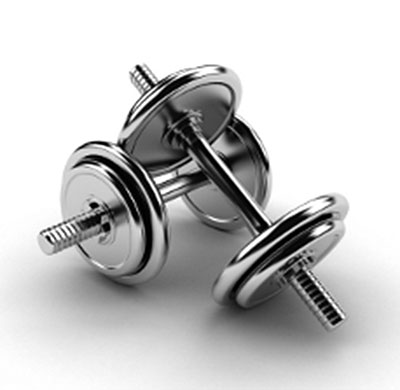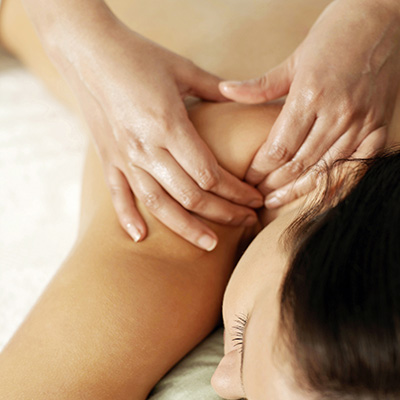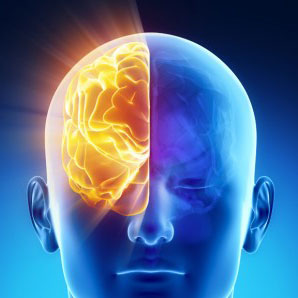Tendinopathy
Tendinopathy
Tendinopathy/tendinosis whether of the elbow (tennis or golfers) or of the knee, hip or ankle (achilles) is a noninflammatory degenerative condition that is characterised by collagen degeneration in the tendon due to repetitive overloading. These tendinopathies therefore do not respond well to anti-inflammatory treatments and are best treated with functional rehabilitation. The best results occur with early diagnosis and intervention.
Most tendon injuries are the result of gradual wear and tear to the tendon from overuse or ageing. Anyone can have a tendon injury, but people who make the same motions over and over in their jobs, sports, or daily activities are more likely to damage a tendon.
Tendons are designed to withstand high, repetitive loading, however, on occasions, when the load being applied to the tendon is too great for the tendon to withstand, the tendon begins to become stressed.
When tendons become stressed, they sustain small micro tears, which encourage inflammatory chemicals and swelling, which can quickly heal if managed appropriately.
However, if the load is continually applied to the tendon, these lesions occurring in the tendon can exceed the rate of repair. The damage will progressively become worse, causing pain and dysfunction. The result is a tendinopathy or tendinosis.
In order to treat a tendinopathy a combination of resting from the aggravating factors, stretching, deep transverse frictioning and vitally an eccentric loading programme to remodel the injured tendon is required.




